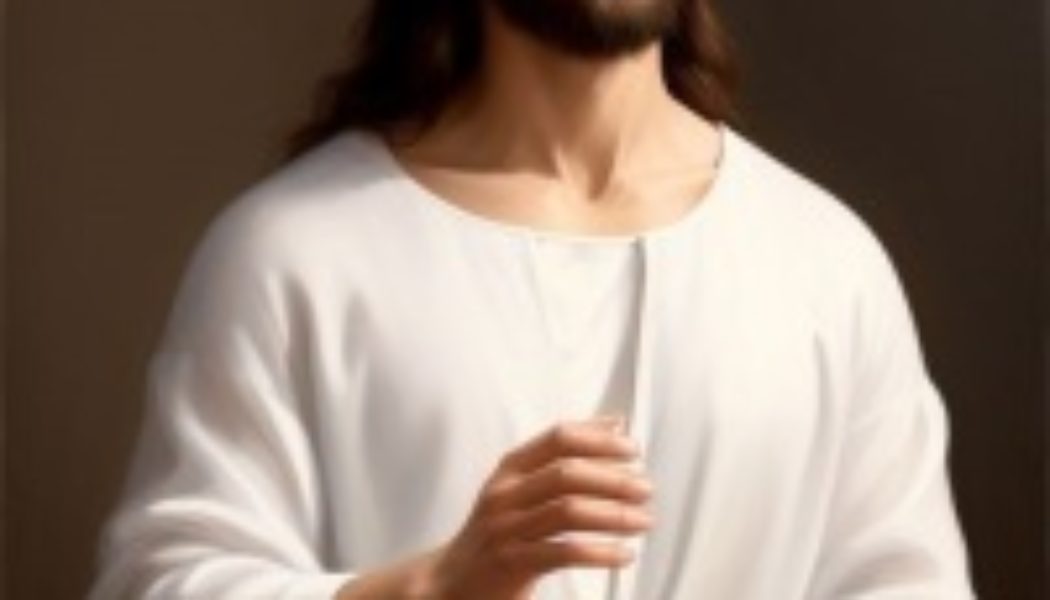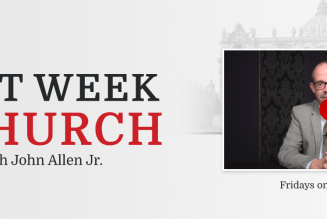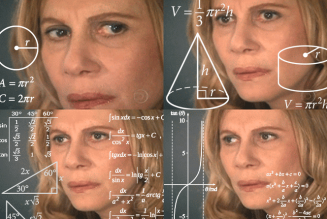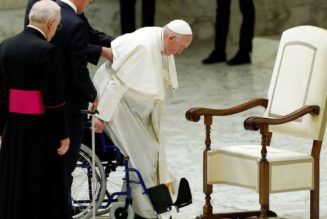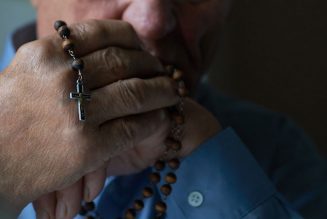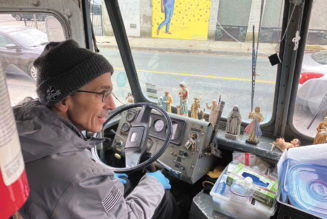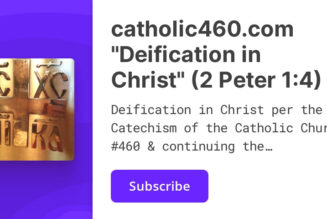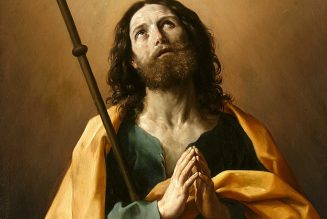Solemnity of the Body and Blood of Christ – Corpus Christi
By Fr. Victor Feltes
The Last Supper was a Passover meal. Jesus says so when he instructs two of his disciples, “Go into the city and a man will meet you, carrying a jar of water. Follow him. Wherever he enters, say to the master of the house, ‘The Teacher says, “Where is my guest room where I may eat the Passover with my disciples?”’ Then he will show you a large upper room furnished and ready. Make the preparations for us there.”
The disciples found the upper room following the sign of a water jar. At the start of Jesus’ public ministry in Cana there were six stone water jars. As his ministry comes to its climax, there is a seventh water jar. The number seven symbolizes “fullness” or “completeness” in the Bible, like the sum of seven days is the completion of one full week. At the wedding feast of Cana, Jesus changes water into wine. At the Last Supper, Jesus changes bread and wine into himself.
“While they were eating, he took bread, said the blessing, broke it, gave it to them, and said, ‘Take it; this is my body.’ Then he took a cup, gave thanks, and gave it to them, [and] said to them, ‘This is my blood of the covenant, which will be shed for many….’ “Then,” St. Mark writes in his gospel, “after singing a hymn, they went out to the Mount of Olives.” St. Matthew recounts the same detail: “Then, after singing a hymn, they went out to the Mount of Olives.”
 This presents a mystery: what hymn did they sing at the Last Supper? Would you be curious to know what lyrics Jesus was singing on the eve of his Passion? Since the Last Supper was a Passover meal, we have a well-founded answer to that a question. For thousands of years, the Jewish people have traditionally sung Psalms 113 through 118 at the ritual Seder meal for Passover. So Psalms 113 through 118 were very likely psalms which Jesus prayed at the Last Supper.
This presents a mystery: what hymn did they sing at the Last Supper? Would you be curious to know what lyrics Jesus was singing on the eve of his Passion? Since the Last Supper was a Passover meal, we have a well-founded answer to that a question. For thousands of years, the Jewish people have traditionally sung Psalms 113 through 118 at the ritual Seder meal for Passover. So Psalms 113 through 118 were very likely psalms which Jesus prayed at the Last Supper.
This Sunday’s responsorial psalm consists of passages from one of these, Psalm 116. Contemplate Jesus saying these words:
“How shall I make a return to the Lord
for all the good he has done for me?
The cup of salvation I will take up,
and I will call upon the name of the Lord.Precious in the eyes of the Lord
is the death of his faithful ones.
I am your servant, the son of your handmaid;
you have loosed my bonds.To you will I offer sacrifice of thanksgiving,
and I will call upon the name of the Lord.
My vows to the Lord I will pay
in the presence of all his people.”
Jesus is the Son of Mary, “the handmaid of the Lord.” He offers up the cup of salvation which contains the gift himself, a gift offered up to God the Father and offered up for us. The Jewish rabbis taught that all temple sacrifices would end with the coming of the Messiah or Christ except one: the thanksgiving sacrifice. In Greek, the word “Eucharist” means “thanksgiving.” Today across the nations, from the rising of the sun to its setting, the Holy Mass is Christ’s enduring thanksgiving sacrifice.
St. Luke notes how at the Last Supper, “when the hour came, [Jesus] took his place at table with the apostles and said to them, ‘I have eagerly desired to eat this Passover with you…’” Jesus spoke this to the apostles yet he speaks these words to us as well. The Last Supper, the Cross, the Holy Mass are all mystically joined as Christ’s one great sacrifice for all. Jesus Christ is really present, Body and Blood, Soul and Divinity, in his Holy Eucharist, and he eagerly desires to share this Passover feast with you.
